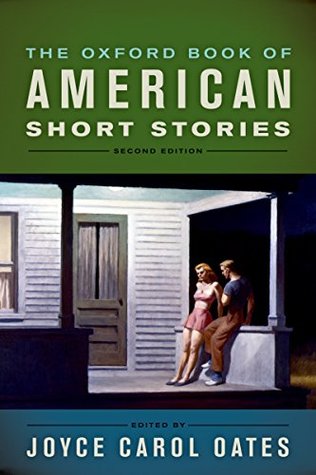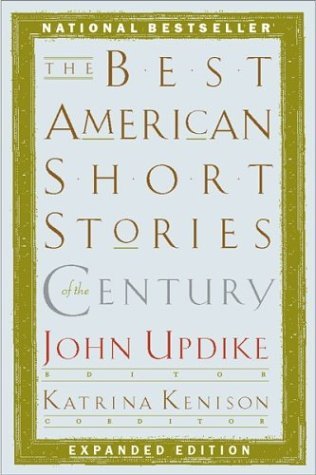Deal Me In 2019 – Week 8
K♣ K♣ K♣ K♣ K♣ K♣ K♣ K♣
While reading Charles Chesnutt’s short story “The Sheriff’s Children”, one clear fact jumped out at me: it’s a well-crafted plot-driven story. “The Sheriff’s Children” is so succinct in it’s plot and is able to include several surprise plot twists that I don’t want to write much about the plot for fear of giving away too much.

If there is a general theme to the story, it would be the effect of racism in a small North Carolina community in the late nineteenth century. The sheriff appears to try keeping racism from going too far – which is different from trying to eradicate it completely. The title of the story covers the fact that the sheriff is not as noble as he might think.
Also, as with many nineteenth century stories and novels, the author isn’t afraid to insert his own commentary, although Chesnutt wisely chooses to only make general comments about the location and time period of the story. But he does so in a manner that enhances the story as opposed to simply providing information:
To the east, Sherman’s army had passed on its march to the sea; but no straggling band of “bummers” had penetrated the confines of Branson County. The war, it is true, had robbed the country of the flower of its young manhood; but the burden of taxation, the doubt and uncertainty of the conflict, and the sting of ultimate defeat, had been borne by the people with an apathy that robbed misfortune of half its sharpness.
“The Sheriff’s Children” is included in The Oxford Book of American Short Stories edited by Joyce Carol Oates. I read it when I selected the King of Clubs for Week 8 of my Deal Me In 2019 short story project. My Deal Me In list can be found here. Deal Me In is hosted by Jay at Bibliophilopolis.




